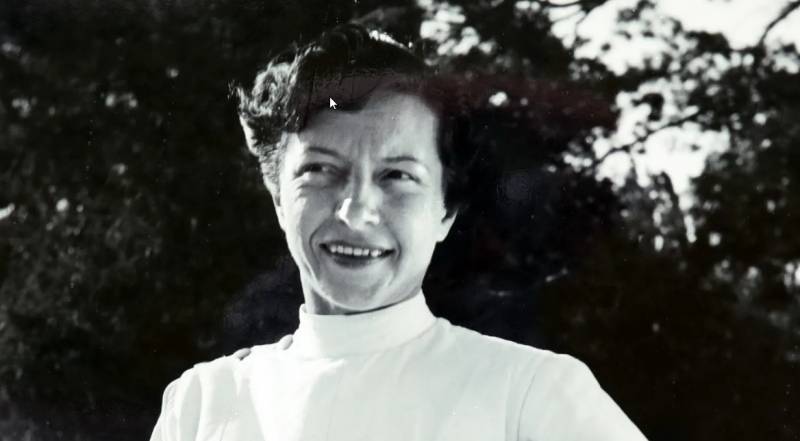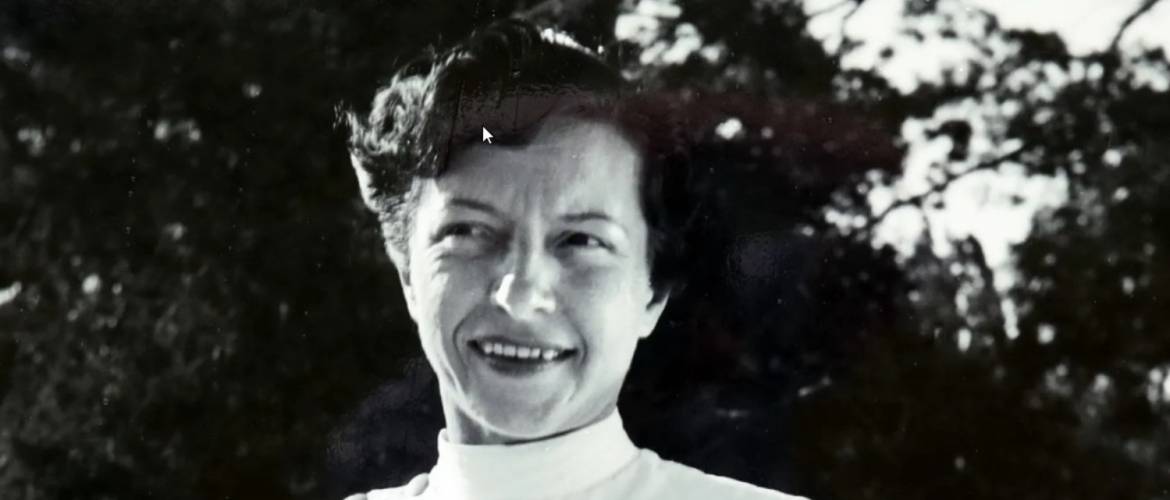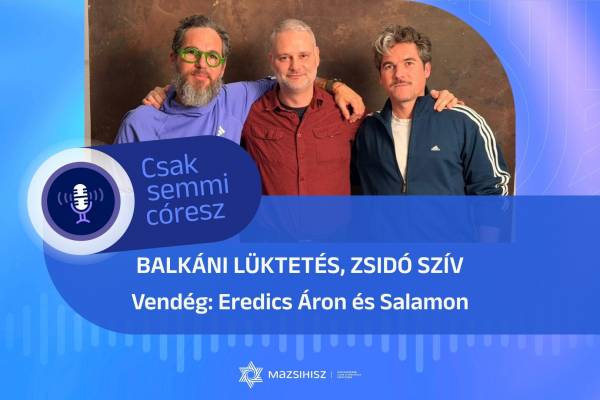In the second article of our Olympic series, we remember Ilona Elek, our
first Hungarian female Olympic champion, who fought hard battles both on the
piste and in life. Our two-time Olympic champion (1936, 1948), Olympic silver
medalist (1952), six-time world champion, five-time European champion and
ten-time Hungarian champion fencer Ilona Elek was born on May 17, 1907, in
Budapest.
She was the first Hungarian woman to win an Olympic gold medal, she
fought for the recognition of women's fencing in Hungary, she was the one whom
neither Hitler nor Stalin could prevent from becoming one of the most
successful athletes of all time.
The family intended her to be a pianist, she began fencing in secret, her
family wanted to prevent her, but it was clear from her every move that she was
an unparalleled talent of her era. Later, she composed many pop songs, but
somehow these did not survive for posterity, unlike her successes in sports.

In the environment in which her career began, few looked favorably on
women's fencing. She had to invest a lot of efforts on the piste and outside of
it to prove herself and by the time she made it to the Berlin Olympics at the
age of 29, she had to suffer serious disadvantages due to her Jewish origin.
Nevertheless, she easily won the gold against the German Helene Mayer,
also Jewish, and the Austrian Ellen Preis, also Jewish, thoroughly infuriating
Adolf Hitler. No one thought that Mayer could be defeated, previously even
Attila Petschauer, who contributed as a correspondent, ruled out this
possibility. However, nothing was impossible for Ilona Elek.
After a while, she was no longer able to compete in Hungary, and she had
to go in hiding in Budapest during the Arrow Cross era.
And just as she didn't give up before, she didn't give up after the war
and became again a gold medalist. And Ellen Preis stood next to her again on
the bottom step of the podium.
And she was there even at the brightest Olympic Games for the Hungarian
sport, at the age of 44, when only one wrong judge's decision prevented her
from winning the third gold. She was even preparing for the Melbourne Olympics,
close to age of 50, but she didn’t join the team in the end. Her character was
so firm that during the days of the '56 revolution, she hid the sports leader
who did a lot to prevent her participation.
Together with her younger sister Margit Elek, also a fencer, she wrote
their memoirs in 1968. The girls whom neither Hitlerism nor Stalinism could
defeat. The unbeatable Hungarian Jewish women.
Ilona Elek won a total of six world championship titles, five European
Championship titles, ten Hungarian championship titles, and of course two
Olympic gold medals. After finishing her sports career, she was the deputy
director of the Watch and Jewelry Trading Company. She died on July 24, 1988,
at the age of 81.
"Let the Race Be Decided on the Piste!" – Ilona Elek, the
first Hungarian female Olympic champion
"...We were rare unlucky athletes. Many people smile at this, and
quite a few have asked, not without all the edge, what would have happened if
we were even lucky? Still... We were unlucky, because between the two much
talked about Olympic gold medals, one of the bloodiest periods in world history
took place. Although the results - two Olympic, three individual, eight team
world championships, many domestic and international victories - contradict
this statement. This is only an appearance, because when the Second World War
broke out, we were actually at the beginning of our careers and successes. We
reached our true peak form in the years before and after the war, that is, in
the times when sports relations were broken. And after the war, we fencers
could not participate in world championships or international competitions for
a long time. However, as we have already mentioned, we were at the height of
our strength and knowledge then. What could we have achieved then?! This is now
a thing of the past...”
(Ilona Elek - Margit Elek: That's How We Fought, 1968)

 02.27. 17:07, kimenete: 02.28. 18:12
02.27. 17:07, kimenete: 02.28. 18:12 





